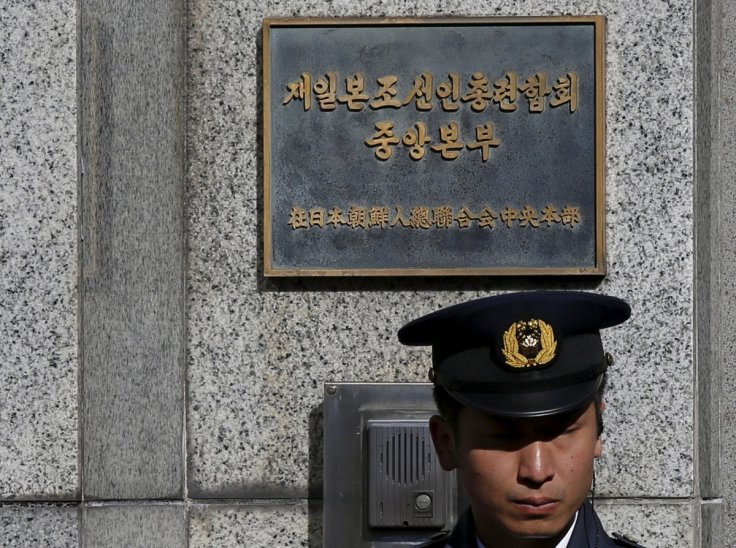North Korean defectors who were detained in Vietnam were released thanks to the help of European institutions. The group of 11 were trying to seek asylum in South Korea when they were caught by the border guards in northern Vietnam in November. A Seoul-based activist said that they were freed and is on their way to South Korea last month.
There were eight women and three men who were caught by the guards after they crossed the Chinese border. They were held in the north eastern border city of Lang Son. The Seoul-based activist group Justice for South Korea, headed by Peter Jung had confirmed on Saturday about the defectors being released and was on their way to the Republic of Korea.

Multiple European organizations played a key role, Jung said. He declined to identify them due to the diplomatic sensitivity but said they included a non-government group.
The Wall Street Journal reported on Friday that U.S. officials, including diplomats engaged in denuclearization talks with North Korea, intervened to secure the defectors' release, citing unidentified sources.
But Jung said he was unaware of any U.S. contribution.
South Korea's foreign ministry said on Saturday that the WSJ report was "not factual", but said the government had made immediate efforts to prevent the defectors from being forcibly repatriated. It refused to elaborate.
"The European institutions acted after we published a video of the refugees making desperate appeals for freedom," Jung said. "The South's foreign ministry got also involved later."
Jung had distributed a video of some of the 11 protesting against deportation before appearing to faint.
About 33,000 North Koreans have resettled in the affluent, democratic South. Most risked their lives to cross the border in a journey that may entail persecution and slave labor, if caught and repatriated.
As living examples of some of Pyongyang's worst abuses, defectors have long been the public face of campaigns to pressure Pyongyang to change its ways.
But South Korean President Moon Jae-in has been criticized by groups like Jung's for not helping defectors enough and ignoring human rights issues as he promotes rapprochement with the North.
In November, after brief questioning, South Korea expelled two North Korean fishermen calling them criminals who murdered 16 colleagues before crossing the border into the South.
A coalition of defector groups issued a joint statement criticizing the decision, saying the men should have been tried in the South because they would likely face torture, and possibly execution back home.
(With input from Reuters)









